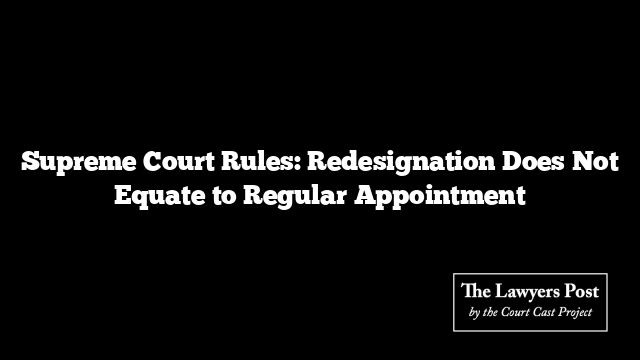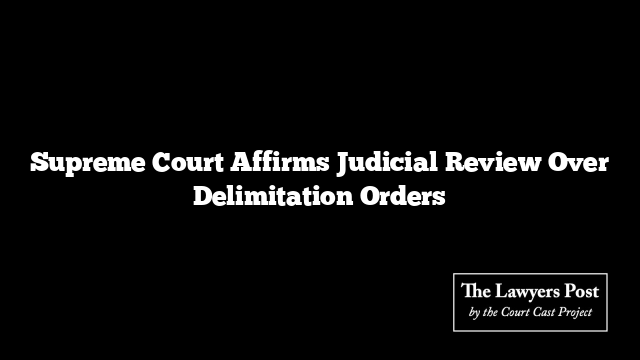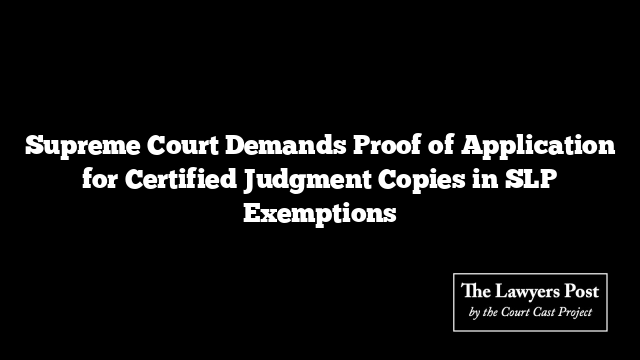The Supreme Court has clarified that individuals redesignated from Research Assistant to Lecturer, and subsequently to Assistant Professor, cannot be deemed as holding regular appointments for the purposes of the ‘Career Advancement Scheme’ (CAS). This decision affects their eligibility for certain benefits under the scheme.
A bench comprising Justices Hima Kohli and Ahsanuddin Amanullah emphasized the distinction between redesignation and regular appointment. The bench stated that redesignation involves granting equivalence to a different post but does not equate to a direct recruitment, which is a criterion for the CAS benefits.
In 1988, the CAS, initiated by the Union Government, revised the pay scales for university and college teachers effective January 1, 1986. Lecturers were placed on a senior scale of Rs. 3000-5000 after completing eight years of service post-regular appointment. However, 54 respondents in this case were excluded from the scheme’s benefits as they had been redesignated rather than directly appointed.
The issue traces back to 1977 when the University of Udaipur redesignated Junior Lecturers and equivalent posts as Lecturers. Later, they were further redesignated as Assistant Professors with the same pay scale. The Rajasthan government implemented the CAS, but stipulated that only those directly appointed by the Statutory Selection Commission (SSC) would be senior to redesignated Assistant Professors.
Despite multiple resolutions and notifications by the Rajasthan Agricultural University to align the redesignated staff with the new scales, the government directed the university to rescind its resolution and limit CAS benefits to those directly appointed.
The respondents initially succeeded in the Rajasthan High Court, which ruled in their favor. The government, however, challenged this in the Supreme Court. The Supreme Court underscored the distinct roles and recruitment processes of Research Assistants and Lecturers, maintaining that only direct appointments meet the CAS criteria.
The court’s judgment pointed out that the CAS specifically aims to reward directly recruited teaching staff with higher pay scales, contingent on several conditions, including completion of eight years of service after a regular appointment. This distinction, according to the court, was crucial and overlooked by the lower courts.
The Supreme Court also referenced the State of Maharashtra v. Tara Ashwin Patel case, reinforcing that redesignation does not fulfill the conditions required for CAS benefits. The court concluded that while the redesignated staff received equivalent pay, this alone did not entitle them to CAS benefits, which were meant for directly recruited staff.
Although the court directed no recovery of already disbursed payments, it stated that future pay and benefits for the redesignated staff would be calculated without CAS advantages. This decision ensures a clear boundary between redesignation and regular appointment, reinforcing the importance of direct recruitment for specific advancement benefits.





